Developing Self-Confidence Through Books
Young children thrive when they feel confident and excited to explore new ideas and try new things. In this series of selected books, young children get an opportunity to see how they can be confident, be daring, and make a difference. Here are a few of our favorites.
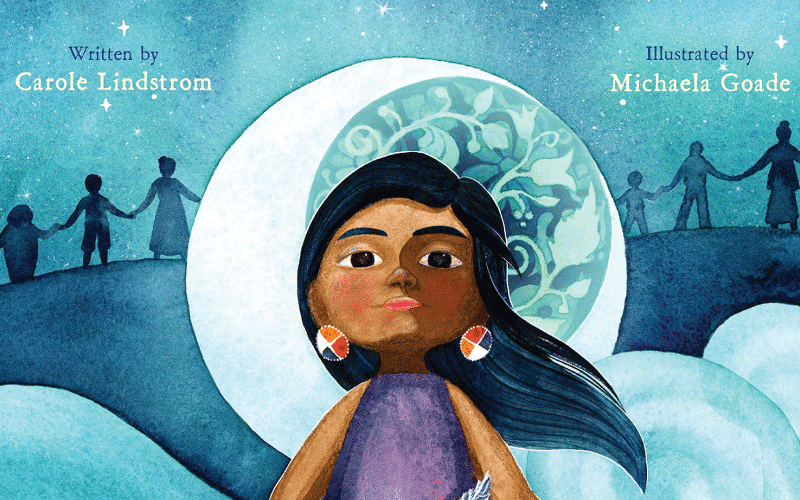
We Are Water Protectors
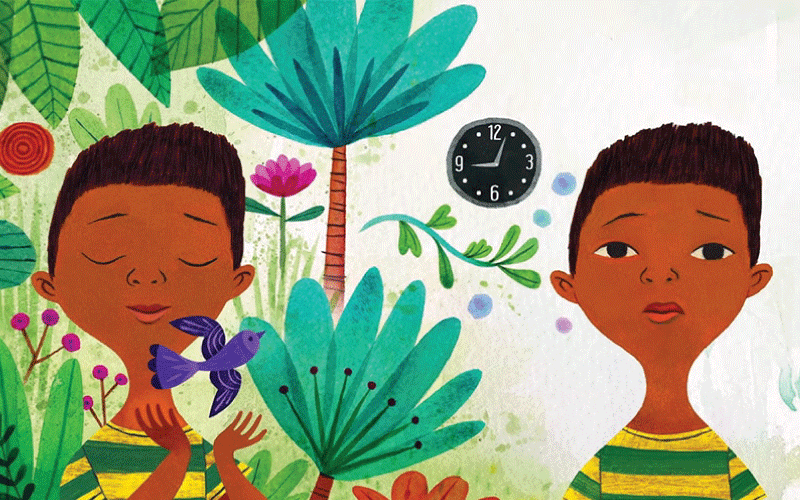
The Day You Begin
Written by Jacqueline Woodson and illustrated by Rafael López, this book features children who feel different because of their skin color, home language, or the food they bring for lunch. But they find the courage to connect with others and make new friends.
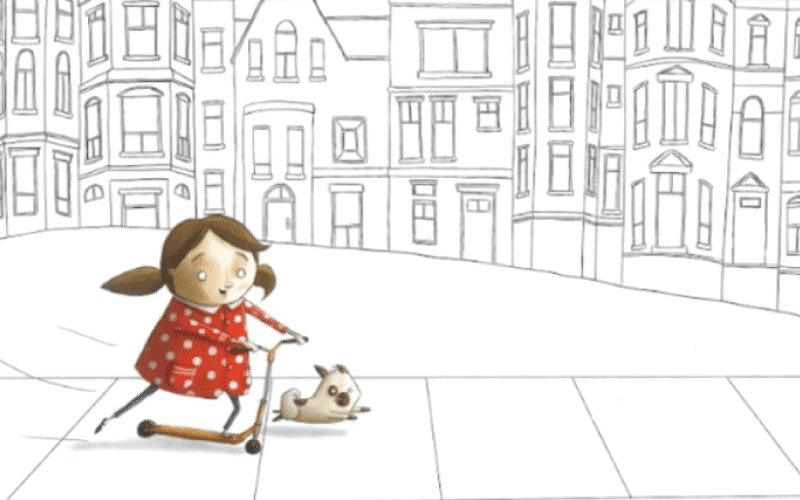
The Most Magnificent Thing
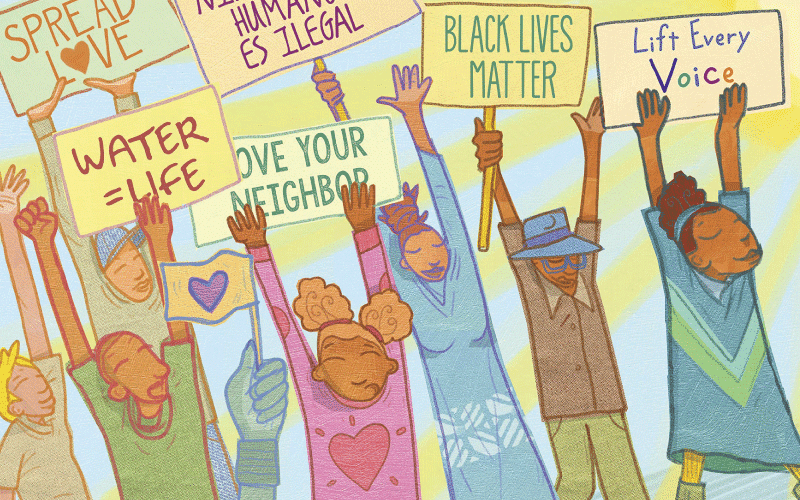
Hands Up!
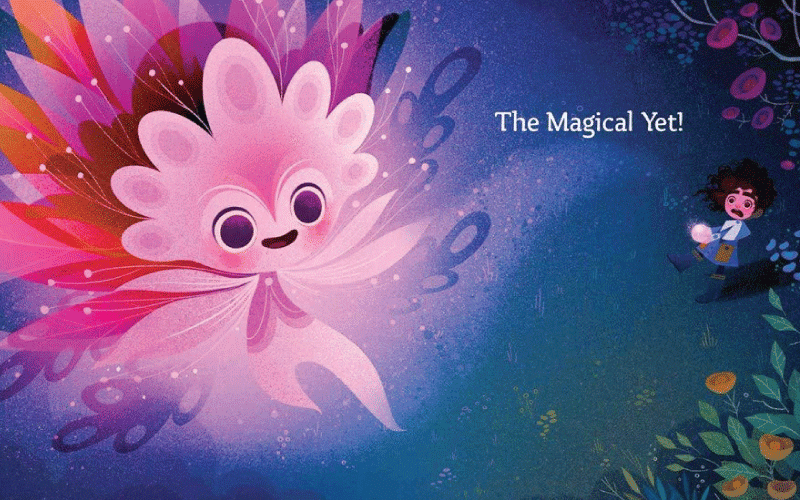
The Magical Yet
Written by Angela DiTerlizzi and Lorena Alvarez, this story describes the Yet, a companion that we all have. It shows children that the frustrating and discouraging moments we face when learning something new can be turned into an opportunity for growth.
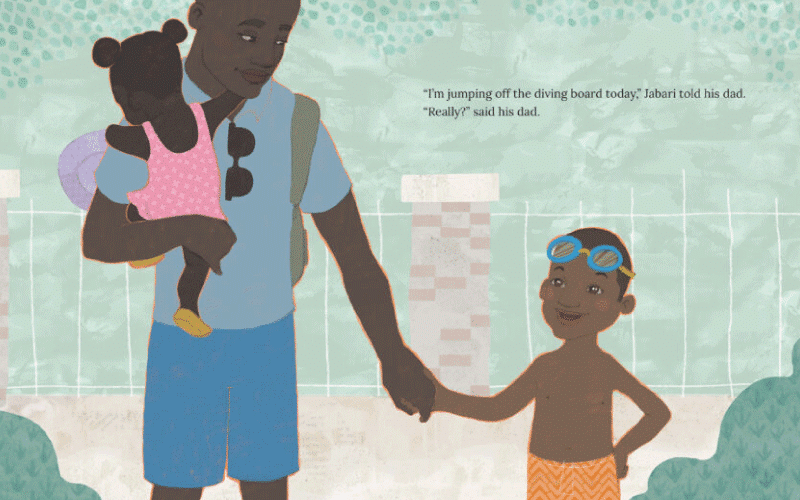
Jabari Jumps
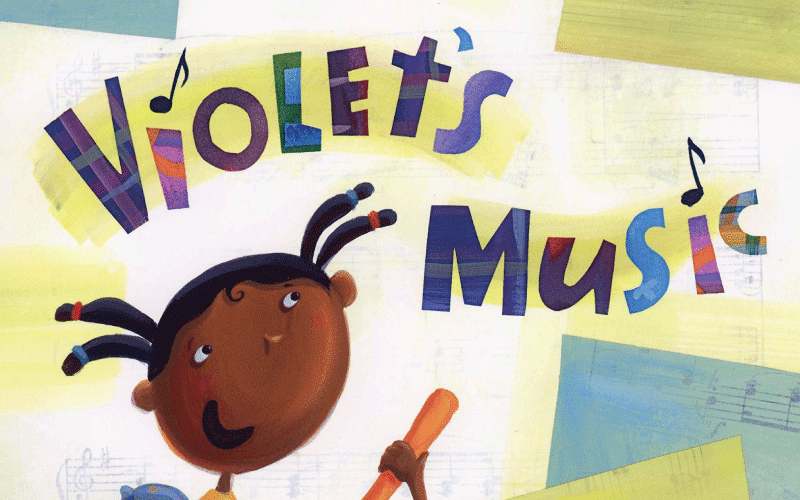
Violet's Music
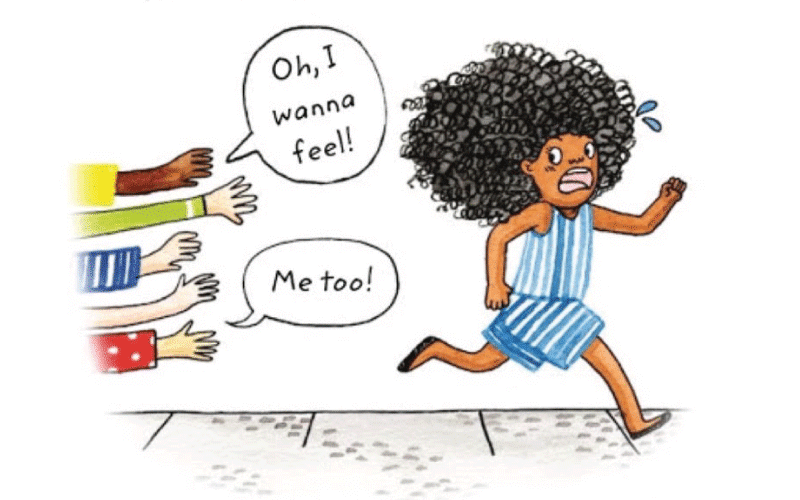
Don't Touch My Hair

After the Fall
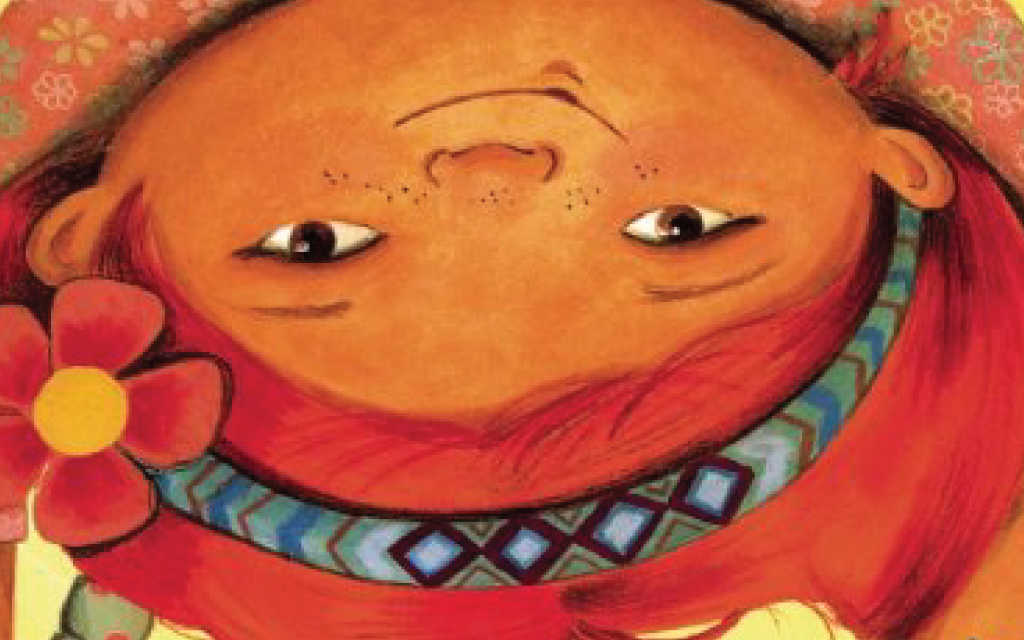
Marisol McDonald Doesn't Match
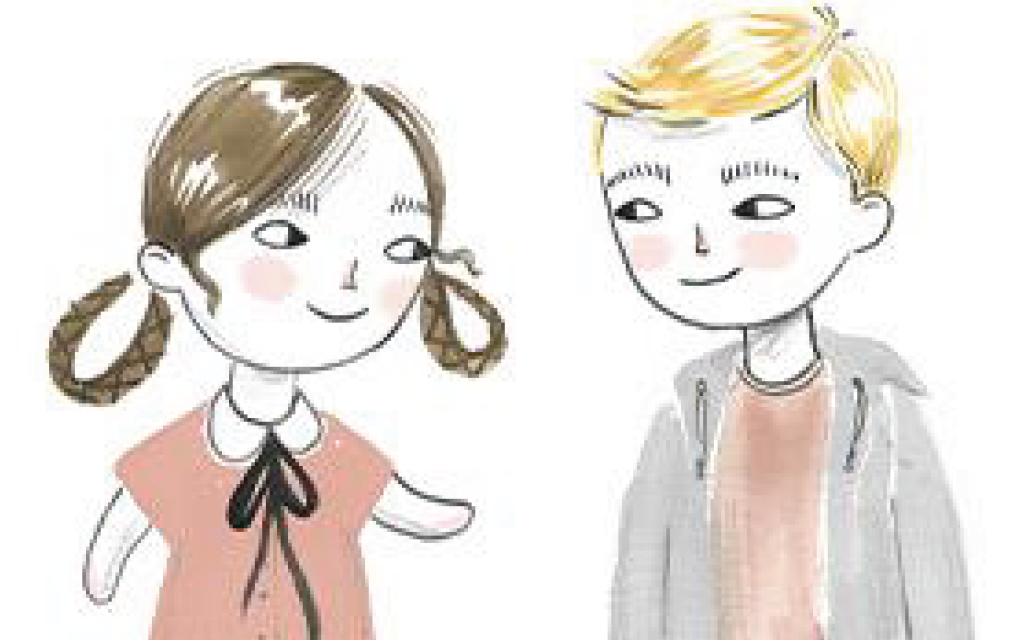
Awesomely Emma
Written by Amy Webb and Merrilee Liddiard, this book tells the story of a young girl with limb differences who shows everyone that different doesn’t mean bad. Her message is an important one around empathy, advocacy, and feeling awesome in your own skin!
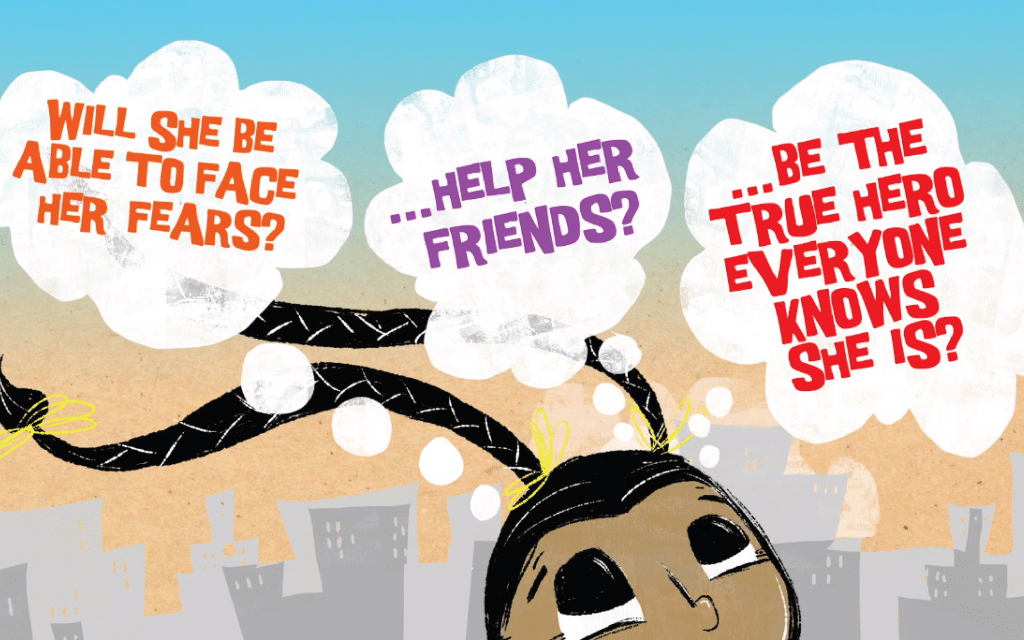
Super Satya Saves the Day
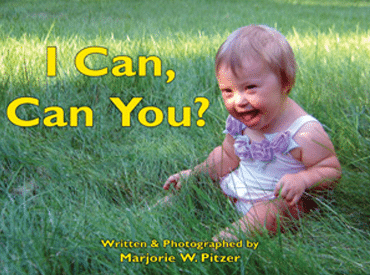
I Can, Can You?
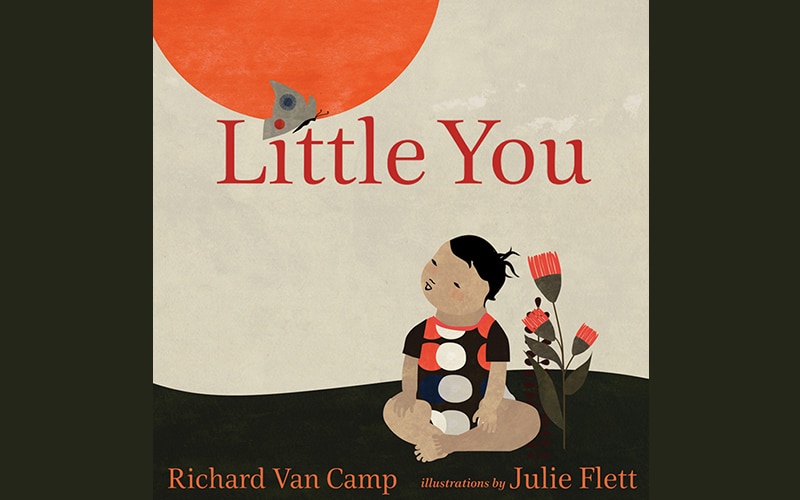
Little You
Written by Richard Van Camp and illustrated by Julie Flett, this book is about a family celebrating their little one as they explore the world. The story encourages autonomy as the child explores independently and with their family.
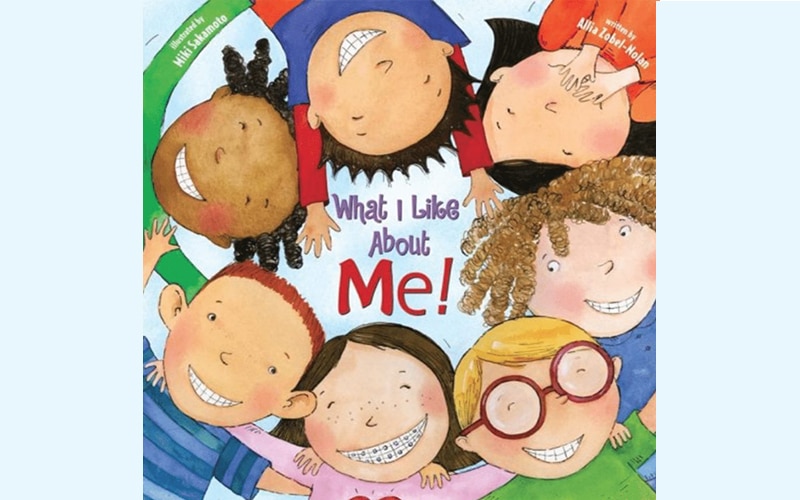
What I Like About Me!
TEACHING THROUGH BOOKS
Key Takeaways
Make space to share stories
When children feel confident, they know that what they say or what they want matters. Educators can use story time to encourage children to express their ideas and share their own stories.
Frame challenges as opportunities
Children build self-confidence when they see challenging tasks as opportunities to grow and practice, rather than something to avoid. Educators can highlight characters’ challenges as opportunities to try new things and learn new skills.
Point out persistence
Children build self-confidence when educators acknowledge their efforts. Educators can point out times when characters persist through challenges and celebrate their efforts more than their successes.

